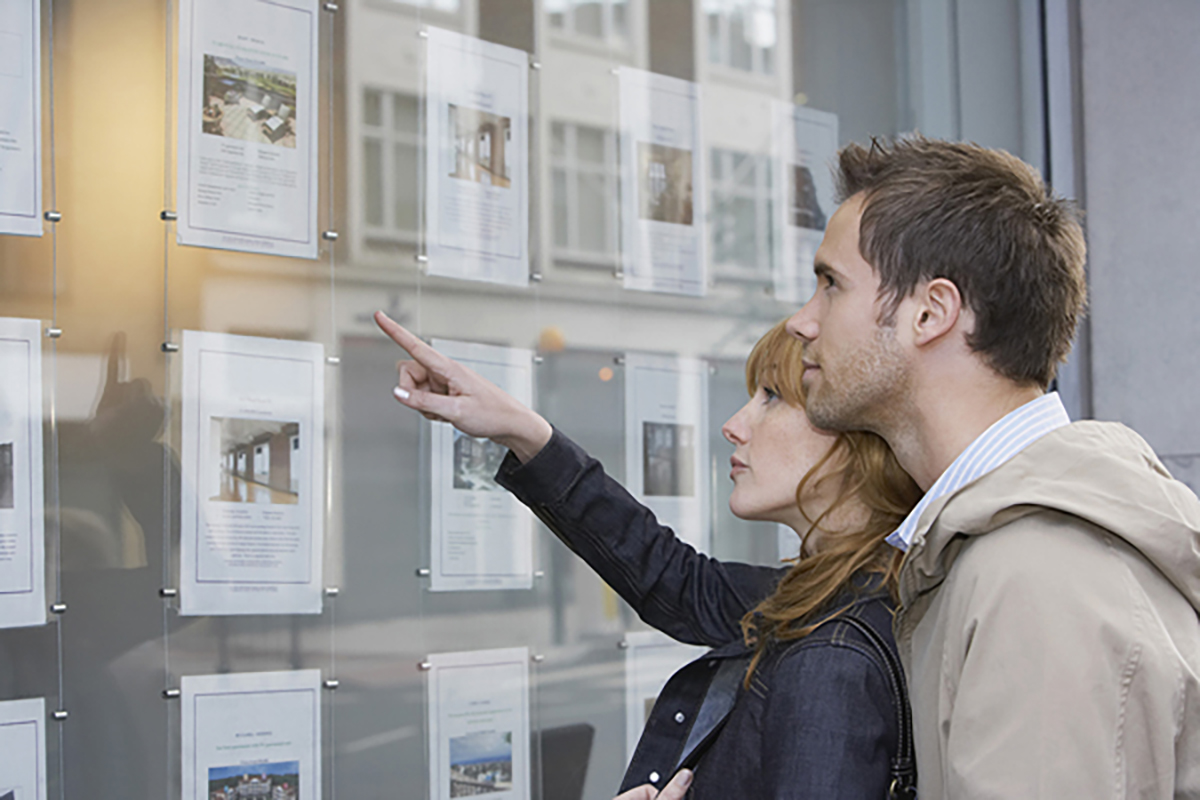Is buying always better? Home ownership is considered one of life’s great achievements, but renting gives you choice and flexibility… The answer to this question is not straightforward. It comes down to personal circumstances and current market conditions and is always a hotly debated topic.
There are undeniable benefits to buying your own home, but getting on the property ladder can be hugely expensive, too. We weigh up the pros and cons of buying vs renting to help you decide which is better in the long run…
Buying
1. You’re investing in your future
Instead of paying rent every month to a landlord – money you will never see again – you are investing that money in your future. You can build equity instead so, although the value of your property may go up as well as down, when you have paid off the mortgage you will own the property outright and you will be able to live rent and mortgage free.
If your home increases in value you could use the equity to help buy a bigger home or fund a comfortable retirement.
2. Living by your own rules
Buying a property can give you the independence and privacy that renting is unlikely ever to allow you…
- You can have pets if you like
- You can paint the walls any colour you like
- You can choose how you decorate the house
- You can choose your own furnishings
- You can do what you like with the garden
If you own your home you can do what you like to it (within planning regulations). You can spend money improving your home and increasing its value without having to ask a landlord.
3. Financial benefits
Financially, owning a house can provide you with useful benefits such as being able to take out secured loans if you need to, or simply being considered more stable by a potential lender. This gives you greater flexibility in terms of the financial products you may have access too.
Buying a home rather than renting one can work out more cost-effective if you get the right mortgage deal, especially if you intend to live somewhere long-term.
4. Community
An often overlooked advantage of buying your property is that you’re also becoming part of an existing community that makes up the local schools, shops or church and create lifelong friends and support.
5. The stability factor
The most appealing aspect of buying a house is being able to put down roots and take ownership of a property that is yours to live in as you please, meaning stability and security that you would not be able to get if you were renting, as the owner could decide to sell the property.
Renting
1. Flexibility and freedom
Renting allows you to choose pretty much where you like to live. In most cases you can break a rental contract after 6 months, allowing you to move to a new location or try a new location perhaps as a test before you decide to commit and buy in the area.
If you rent, you could move without financial consequences as soon as your notice period is over, however if you own your home it can take a long time.
2. No repairs or maintenance costs
As a tenant it is the responsibility of your landlord to maintain the property, pay for decoration and its upkeep. Renting means you will not have to arrange and pay for:
- Repairs
- Renovations
- Maintenance checks
Buildings insurance is also covered by the landlord, so generally you only have to worry about insuring your own possessions with contents insurance.
3. Free from financial responsibility
When you rent you pay out a fixed monthly amount with no interest and no additional fees. While your rent can go up over time at your landlord’s discretion, the fact that it is fixed means you can budget accordingly and know exactly what you will be spending month by month.
As a renter you are not going to fall foul of any housing market related conditions such as fluctuating mortgage rates. You will of course have to pay rent but you’re not tied into monthly repayments on a bigger loan and therefore cannot fall into negative equity.
4. Less initial expense
Renting a property often requires an initial deposit at the beginning of the renting term, perhaps a months rent up-front. While this can sometimes be a difficult lump sum payment to grapple with, it pales in comparison with the huge expense of buying a house:
- A deposit of a percentage of the purchase value
- Mortgage set-up fees
- Solicitors’ fees
- Surveyors’ fees
- Stamp duty
5. Less risk
Although missing rent payments has its’ consequences, these pale in comparison to falling behind on your mortgage. If you bought a house, your finances took a turn for the worse and you struggled to keep up your mortgage payments, your home could be repossessed.
Can you afford to buy?
The first step towards buying a property is working out whether you can afford it. If you buy a home, you will have to pay for:
- Deposit
- Legal costs such as solicitor’s fees
- Survey cost
- Stamp Duty
- Removal costs
- Your monthly bills – such as gas, electricity, home phone, etc
If you are thinking of buying you must keep in mind how rising interest rates would affect your monthly payments. Fixed rate deals remain the best way for borrowers to protect themselves against this uncertainty, but they don’t suit everyone’s financial situation.
Compare this with the upfront and ongoing costs of renting when deciding whether to rent or buy.

